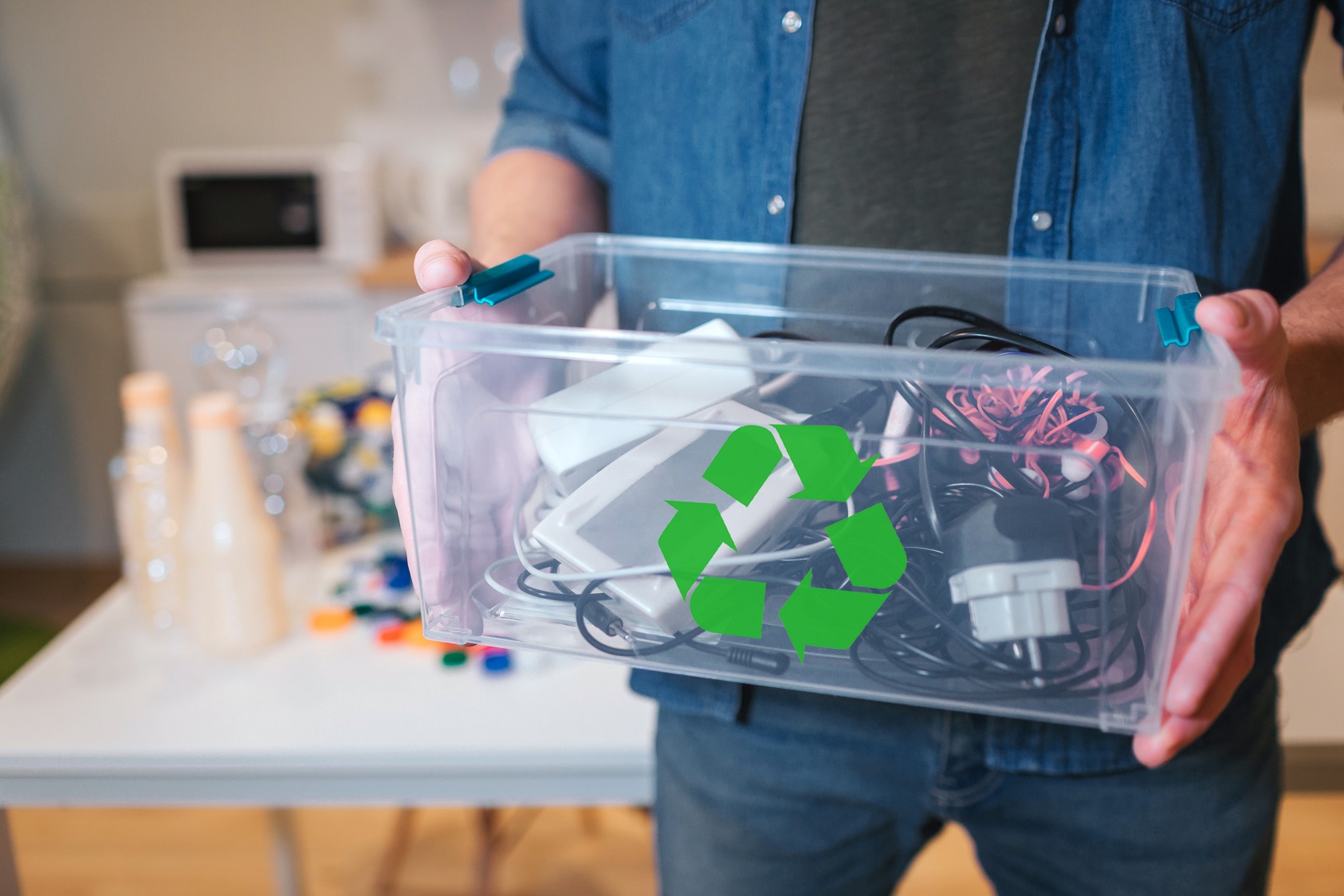
Small Changes, Big Impact
Manipal Academy of Higher Education located in Dubai International Academic City, is a branch campus of Manipal Academy of Higher Education, Manipal, India. Manipal Academy of Higher Education established its presence in Dubai, UAE, in the year 2000. The Academy has fi ve schools, namely, the Schools of Business, Design and Architecture, Engineering and IT, Media and Communications and Life Sciences. The mission of the Academy is to be the leading university in the UAE dedicated to the pursuit of academic excellence by fostering, disseminating and applying knowledge and intellectual values to ensure an enriching future for the student community and preparing them for the ever-changing global economy.
The campus has been actively involved in various initiatives for water and energy conservation. The Dubai Water and Electricity Authority acknowledged the Academy’s efforts and awarded the Conservation Award for 2014 for retrofi tting their HVAC, lighting and water supply systems. While students from all faculties are involved with sustainability efforts at the university, the School of Design and Architecture, in particular, have excelled themselves by winning several design awards on sustainable technologies and design competitions organised by the government.
As a part of continual learning, the campus has encouraged students to complete the LEED GA Examination through training in green building design courses. The team has collaborated with the Surge for Water organisation to spread awareness on water conservation through volunteering and events conducted on campus.
The Conservation and Environment Club of Manipal Academy of Higher Education, Dubai Campus, has been actively involved in the Sustainable Campus Initiative (SCI) since it began. The team comprises of the management, facility managers, faculty, administrative staff and students who collaborate for various initiatives on sustainability.
The campus has encouraged various initiatives and believes that youth can be change agents and make a difference towards sustainable development for the United Arab Emirate’s Vision for UN goals 2030. This case study was on e-Waste.
Project Overview
The Academy partnered with an e-Waste recycling company, Enviroserve, for the project ‘Small Changes, Big Impact’. The goal of the project was to collect electronic waste from commercial and residential communities to be recycled by Enviroserve.
The major objectives were as follows:
- Raise awareness for recycling e-Waste in commercial and residential usage.
- Segregate e-Waste and create a waste management system that works economically and logistically in the United Arab Emirates.
- Safeguard the environment by recycling e-Waste through an appropriate process.
- E-Waste was collected from commercial premises in Dubai, initially within a 5km radius of the campus. It was then extended to other areas in Dubai. Various companies such as 2XL, and Marina Square took part in this initiative. The student team initiated the project process to work out an efficient way efficient way to recycle e-Waste.
Method
The project was broadly divided into two phases. Phase I was considered as a the pilot phase.
Phase I:
- The target community was identified through surveys.
- The organisation, e-Waste: Enviroserve, a recycling company that specialised in recycling e-Waste, was interested in the project and chosen as partners.
- Various logistic details such as point of collection, participating organisations were identified. e-Waste was collected during non-office hours to avoid disruption of business.
- Enviroserve then collected the waste from the Manipal Academy campus where all the e-Waste collected was aggregated.
Phase II:
- The programme was expanded to include immediate communities, of which the team members were a part.
- The IT department of Manipal Academy also participated in providing old and obsolete electronics for collection.
- Collection of e-Waste from Manipal Academy was to be done by Enviroserve.
Key Outcomes and Learnings
- Enviroserve provided a certificate to the university stating the amount of e-Waste collected and a guarantee that 100% of the waste was recycled. It is estimated that this project resulted in diverting approximately 2,000 kgs of e-Waste from the landfills.
- The project continued in Phase 2 involving more companies to encourage e-Waste recycling and included proposals for an increase in stations for the collection of e-Waste.
- The next phase of this project proposes a strategic plan on e-Waste recycling and awareness campaigns to address the larger community on the impact of e-Waste and why recycling is necessary.
- During the course of the project it was apparent there was a general lack of awareness about the harmful effects of dumping e-Waste, despite the access to several companies that specifically deal with this issue in Dubai.
- Communication is vital during projects, especially when engaging with communities. Alternate strategies for reaching out to distinct communities need to be developed as there is no ‘one size fits all’ approach to the situation.
- Internal and external stakeholders were brought in to review the project and its results and methodologies. Experts from the University of Lincoln, UK provided feedback on the results and project presentation. Other students on campus were also involved in providing ideas and feedback through campus presentations.
